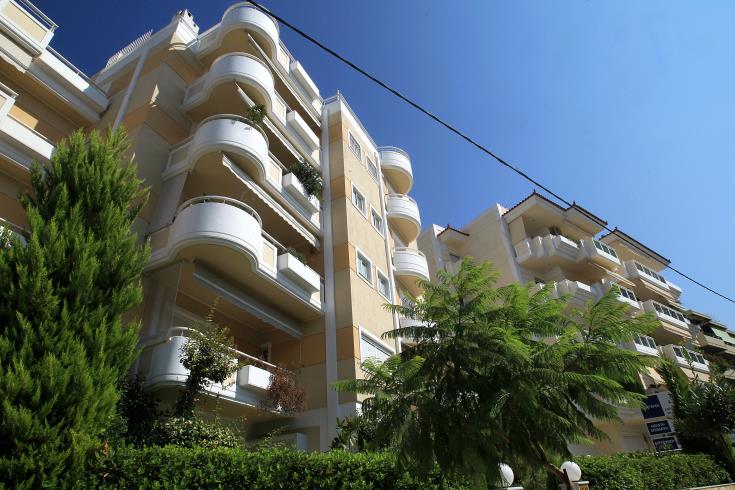28.06.2022
A European Union directive to reduce the size of homes eligible for a 5% VAT reduction has sparked outrage from real estate agents and developers, claiming it would jeopardize the recovery of the construction sector and the economy.
Under a recent EU directive, member states are required to introduce 5% VAT legislation for homes up to 170 square meters.
In Cyprus, a reduced VAT rate of 5% applies to houses up to 200 sq.m.
The cabinet has already agreed on a directive and needs parliamentary approval.
According to the representative of the Ministry of Finance George Panteli, houses with an area of more than 170 square meters. m. under the new law are subject to the standard VAT rate of 19% for each square meter in excess of the established limit.
But a house larger than 220 square meters will not be eligible for the lower VAT rate of 5%, but will instead incur 19% for the entire project.
This is currently applicable for homes larger than 275 square meters.
With regard to apartments, only the first 90 square meters of an apartment with an area of no more than 110 square meters will be taxed at a rate of 5% VAT.
The proposed law provides for a short grace period ending this November.
Speaking to MPs on Monday, Panteli clarified that the amendments were prepared on the basis of statistics and data revealed in a violation procedure launched by the European Commission in connection with Nicosia’s dubious citizenship by investment scheme.
Foreign investors eyeing the Cypriot passport took advantage of the current legislation to purchase luxury apartments in the towers, avoiding the low 5% VAT provision.
Developers have warned that the new directive will further increase the cost of buying a home at a time when rising building material prices are driving up construction costs and rents are rising significantly.
Rising real estate prices will make it harder for a family of two to purchase a three-room apartment, since such properties will no longer be subject to low VAT.
In earlier comments by the Financial Mirror, the chairman of the Cyprus Technical Chamber (ETEK), Konstantinos Constanti, said the couple, who are building the 221 sq. m, will pay an additional 42,000 euros.
“Today, the average cost of building such a house will be about 315,000 euros, and VAT – 15,000 euros.
“If the directive is passed, couples will be asked to pay €42,000 on top of the original €15,000,” Constanti said.
He argued that a change in housing VAT legislation would cause many couples to put their dream of owning their own home on hold.
Given the difficulties that young couples will have, the Cypriot deputies are unwilling to pass a law that has been in the House of Representatives since the beginning of the year.
Cristiana Erotokritou, chairman of the finance committee and DIKO MP, said MPs were in a dilemma.
“We either agree to pay huge fines to the European Commission if we do not change the law, or we continue to make amendments for a fee. The reason is the abuse of the previous legislation.”
















